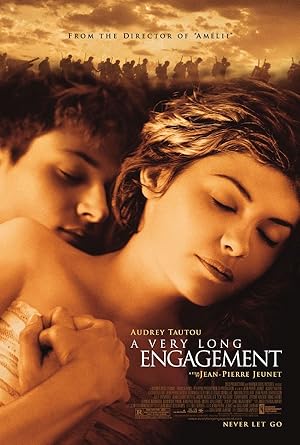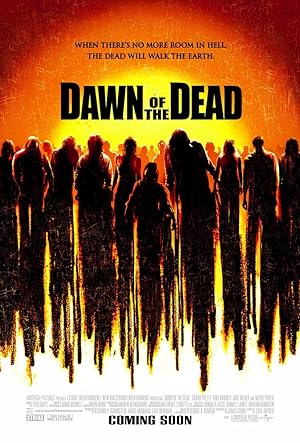The Passion of the Christ

Scott Hardie: “It ruled.”
Time has passed since the phenomenon of "The Passion of the Christ." The charges of anti-Semitism, which depended on a viewing of the film in a certain context (or in some cases on not viewing the film at all), have been forgotten. The controversy over Mel Gibson's father was correctly dismissed as irrelevant. We remember that the film blew up the box office and that some churches attended in droves, but the details are lost. What is left is the film itself, which is unmistakably the powerful, focused vision of a filmmaker with a single purpose, and a monumental work of art.
Saying that Gibson failed to include more of Christ's teachings or that the film was not put into a proper historical or religious context is missing the point. For Gibson as for many Catholics, there is a neverending meditation on Christ's suffering on the cross, and Gibson was in a unique place to produce a film on the subject. He put tens of millions of his own dollars into the project and the future of his own career, knowing he would suffer scrutiny for his initial choice to abandon subtitles, and made a fearless film about a subject of profound significance to him. It is rare that people in Gibson's position make films this way, with an absolute devotion to the art above every other possible consideration, but he has done it and on principle alone we must be grateful.
What of the blood and torture? For many the film goes too far, showing us violence we do not need to see or losing its point in all that sound and fury. But that misses the point as well, for the suffering and violence are the essence of the film; the emphasis is not on Christ's achievement but the physical price he paid. The message of the film is that Christ's physical suffering must not be denied. It is portrayed here so vividly and so thoroughly as to extinguish all doubts about its importance in the scheme of things; it is central to Gibson's faith, and not to his alone.
Of other elements of the film, I have only praise. It was a wise choice to film in Aramaic and Latin (historical accuracy being irrelevant), and this film is the most authentic-looking recreation of a Catholic view of the period that $25 million can buy. The actors give the roles the total conviction they require, in particular Jim Caviezel of course, who made the physical sacrifices necessary to bring Gibson's film to life; this is as much the lead actor's achievement as it is the director's. Countless shots are created in the right mindset, showing us the gore as Jesus and his witnesses would have seen it, not from the omniscient viewpoint we have always imagined it by. There is no misstep here, no moment when the film does not know exactly what it is doing, no mistake in judgment nor tone. This film will rightly be remembered for embodying so fully the courage of its filmmaker's convictions.
− date unknown • more by Scott • log in or register to reply
Want to join the discussion? Log in or register to reply.
write your own review of The Passion of the Christ
















